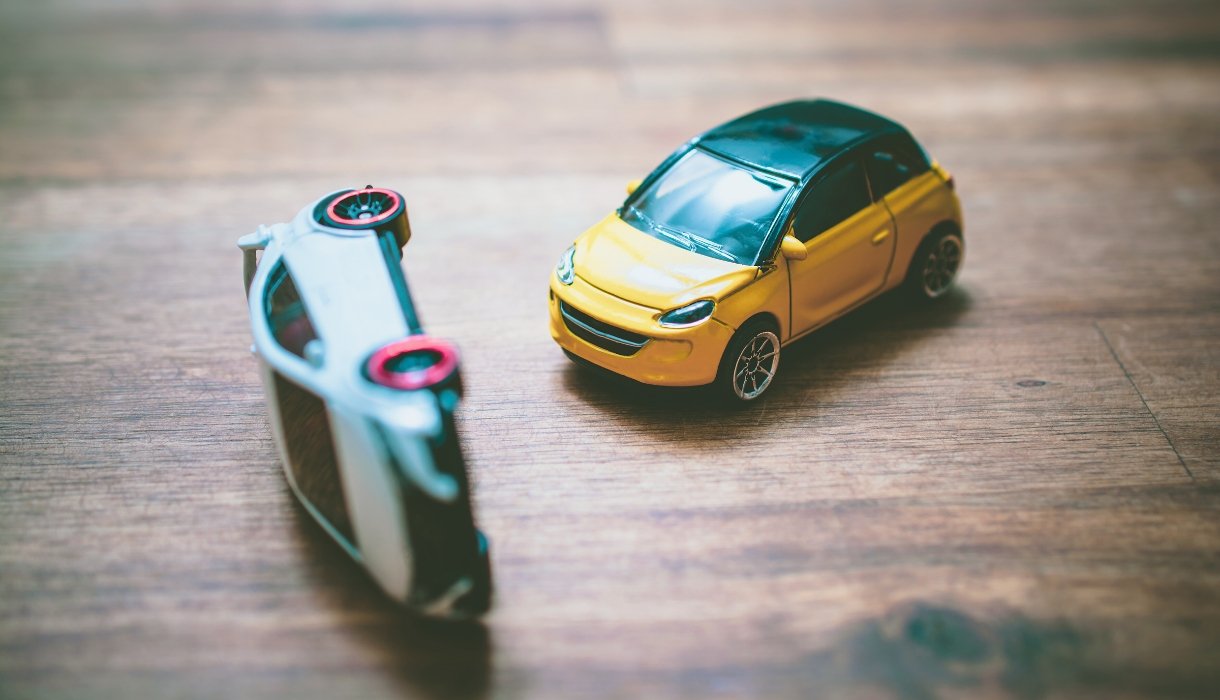Be Prepared, Not Scared
Traveling is one of life’s greatest pleasures. Whether it’s for business, pleasure, or visiting family and friends, the experiences and memories you create are priceless. However, amidst the excitement and joy of the journey, accidents can occur unexpectedly.
Imagine being in a country like the US and suddenly facing a medical emergency or a severe accident. Well, it’s a scenario no one wants to think about. However, being unprepared can make such situations even worse. That’s why it’s crucial to equip yourself with the knowledge and tools to handle travel accidents effectively.
In this article, we will walk you through essential steps to prepare for and respond to these mishaps. Behind each tip, we aim to provide you with comprehensive guidance.
So, without further ado, read on!
Here are Essential Steps for Responding to Travel Accidents
1. Understanding Travel Accidents
Travel accidents can take many forms. They might involve transportation, such as car crashes or bus accidents. They could also happen during activities like hiking or sightseeing.
Health emergencies, such as sudden illnesses or allergic reactions, are also considered travel accidents. Knowing the types of accidents that can occur helps you better prepare for them.
2. Immediate Steps to Take After an Accident
1. Stay Calm & Assess the Situation
The first and most important step in the event of an accident is to stay calm. Panic can worsen the situation, so take a few deep breaths and remain composed.
Then, assess the situation to determine the severity of the accident. Check for injuries to yourself and others. Also, look for any immediate dangers and move to a safe location if necessary. This may be fire, oncoming traffic, or unstable structures.
2. Seek Medical Help
If anyone is injured, seek medical help immediately. You can call local emergency services or ask someone nearby for assistance. If you’re in a remote area, you can use your phone’s GPS to send your location to emergency responders.
3. Contact Authorities
Contacting local authorities, such as the police or security personnel, after an accident is crucial. They can offer assistance and guide you through community procedures. Additionally, it is wise to contact an attorney familiar with local rules and regulations.
A skilled lawyer can greatly benefit your case by effectively steering the legal system. They can assist in gathering evidence, handling paperwork, and representing you in legal matters, ensuring the best possible outcome.
But how do you find the right attorney? Well, it’s easier than you think. Start by searching online for a skilled lawyer in your area. For instance, if you’re in Wichita, search for the top auto accident attorney in wichita or the best auto accident attorney near me with your location enabled.
This allows you to compare and read reviews from previous clients, helping you find the right match. Additionally, choosing a nearby option ensures easy access when needed.
3. Documentation and Reporting
1. Documenting the Accident
Thorough documentation is essential after an accident. You can start by recording the incident’s date, time, and location. Describe what happened and any contributing factors. You can use your phone to take clear photos and videos of the scene, including any damage or injuries.
If there are witnesses, get their contact information and ask for a brief statement. Keeping detailed records will be helpful for insurance claims and legal matters, so organize everything in a folder for easy access.
2. File a Claim
Filing a claim is crucial for covering medical expenses and other costs. It ensures you receive the financial support needed to recover without depleting your savings. Well, doing it on your own can be daunting, but don’t worry—your attorney can help.
They will guide you through the process, ensuring all necessary information is submitted correctly. Attorneys can also handle negotiations with insurance companies. They will help you get the compensation you deserve and ease your stress during a challenging time.
4. Follow-Up Actions
1. Medical Follow-Up
After the initial emergency care, it is essential to follow up with any recommended medical treatments. This might include visiting a doctor for a check-up, filling prescriptions, or scheduling additional tests. Remember, continuity of care is important for your recovery.
2. Emotional Support
Experiencing an accident can be traumatic. So, don’t overlook the importance of emotional support. Talk to friends, family, or a counselor about your experience. There are also support groups where you can share your story and get advice.
In addition, online communities can also connect you with others who have gone through similar situations. Overall, this approach will help you process your feelings and reduce stress, aiding in your overall recovery.
Wrap up
Travel accidents are unfortunate, but being prepared can significantly improve your ability to handle them. By understanding the potential risks and knowing how to respond, you can travel with confidence. Remember, the key is to be prepared, not scared.







